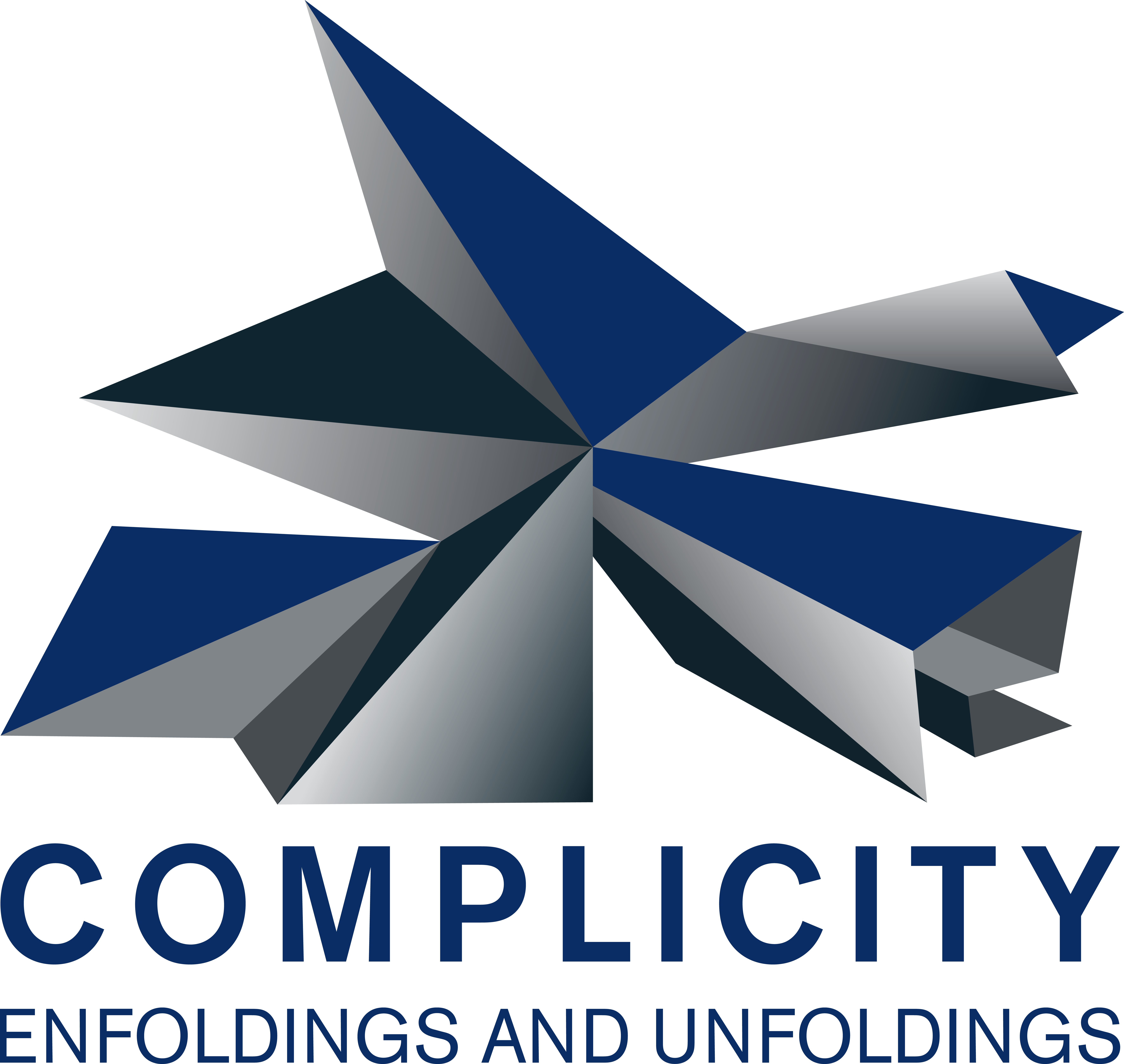(Ludwig Maximilian University of Munich)
“Complicity: A Crisis of Participation in Testimonies of Totalitarianism in Contemporary German-Language Literatures”
Complicity is a subject of fascination in popular fiction and, at the same time, an eminent challenge to the democratic maxim of participation and in the role of the individual as responsible actor in political, economic, and ethical communities. Complicity is conventionally used as a legal term to describe the way a crime is committed, namely by aiding or abiding wrongdoing. A broader notion of complicity as being involved in complex structures has become a common feature in critical and public discourse, mostly in the claim that remaining inactive or continuing a certain habit renders the subject complicit in wrongdoings of humanitarian, political, ecological, moral, or other natures. While pervasive structures of complicity without explicit consent indeed pose the question of what participation and individual responsibility means in a world of globalized markets, conflicts, climate change, and electronic media, the criticism of complicity raises the same question: Is there a point of view that is not involved in any social contexts? How would such a position communicate, given that languages rely on the participation in pre-determined structures of grammar, semantics, etc.? In how far is the assumption that the positions of analysis, critique, and opposition can be untouched of all wrongdoing itself an instance of complicity by ignoring the complexity of involvements?
Objectives: The interdisciplinary project relates recent research in law and social sciences to testimonies of totalitarianism in contemporary German-language literatures by Herta Müller, the late Aglaja Veteranyi, and Elfriede Jelinek. The objective of the project is an interdisciplinary transfer of knowledge that leads to a deeper insight into how complicity enfolds: First, the project reads literary texts as genuine contributions to a general understanding of complicity that expound the comprehensive role of language in structures of participation and involvement. In portraying conflict and wrong-doing, literature relies on the complicity of the audience, be it the imagination of the reader, or the gaze of the spectator. Second, the project employs the insights of law and social sciences to highlight complicity as a pressing concern in contemporary German-language literary testimonies of totalitarian-ism that have, so far, been interpreted mostly with regard to memory culture, trauma, and (transnational) identity discourses. The concern of these texts, however, is just as much for the present as they outline modes of partaking in institutional violence that draws on heritage, culture, gender, social, and other distinctions. The modes of complicity stand out more clearly – and are acknowledged more readily – in dictatorships of the past. They are more complicated, but just as active, in the globalized world of the present. The outlook onto the broader academic discussion and current societal problems strengthens the stance of humanities research by demonstrating its relevance to citizens at large.
The project focuses on the following texts:
-
H. Müller, Der Fuchs war damals schon der Jäger 1992/trans. 2016
-
H. Müller, Atemschaukel 2009/trans. The Hunger Angel, 2013
-
Veteranyi, Warum das Kind in der Polenta kocht 1999/trans. 2012
-
E. Jelinek, Totenauberg 1991/trans. 2011
-
E. Jelinek, Rechnitz (Der Würgeengel) 2008/trans. 2015
Works by Müller, Veteranyi, and Jelinek have been discussed in terms of memory cultures, individual and collective trauma, as well as individual and state violence. Interpretations often cast the participation in violence and the perpetuation of suffering in terms of a temporality of trauma that anachronistically protracts issues and experiences which supposedly belong to the past. This distinction between the audiences’ present and the narrated past is often underpinned by emphasising the distance between the present position in the West (Müller’s and Veteranyi’s exile) via-à-vis the violence as belonging Europe’s East. This distance is evoked even in readings on Jelinek’s texts on Austria’s role in the Nazi Reich. These temporal and spatial distinctions serve to install a position of the critic that is untouched by the complex involvements in the narrated totalitarianisms. The project follows the rationale that such readings are themselves an instance of complicity in contemporary wrongdoings as they fail to draw parallels between the narrated experiences of involvement in political totalitarianisms and the role of individual deeds in the globalized economy and international community of the present. CompLit demonstrates that the texts by Müller, Veteranyi, and Jelinek call for such readings by emphasizing the (voyeuristic, knowing, or other) involvement of the reader.
